Buy Zopiclone 7.5 Mg Online First, we must define the root of the anarchist morality, its driving values. We cannot start from any specific system: the fundamental values can be applied to deontology, to consequentialism, to virtue ethics, and so on and so forth. Our systems may just as well inculcate us into unquestioning modes of thinking. The anarchist must be willing to question: if we cannot question, we have become a slave to platitudes and rules, to the Idea, and in such bondage we may find ourselves in error.
https://ontopdownunderreviews.com/timeslip-clare-london/Buy Xanax Online Overnight Besides, such bondage would attack our sensibilities as anarchists: it gives off a foul stench, leaves a dreadful taste on our tongues. To be in servitude of another as lesser, to be a slave to anything, whether person, institution, organization, idea, that for us is an abominable position, a detestable arrangement. We hate to be servants; not only that, we hate for servitude to exist, and thus do we hate those masters over men, those lawgivers, the exploiters, the abusers, in short: what we hate is authority, is domination. And in equal measure as we hate authority do we love liberty: to be free from such domination, to see ourselves and each other flourish, to want for no one to be under the yokes of poverty, slavery, submission; is that not for us our ‘bridge to the highest hope,” our summum bonum?
http://kennytree.com/grandmother-remembers/The foundation of our moral sentiments is indeed on these hates and loves. To be an anarchist without hating authority and loving liberty is unimaginable. Save for those forces or beings seen as justified, be it God or Nature, it is ridiculous for an anarchist to not be opposed to authority, to domination; even God or Nature, as defined by fellow anarchists, are thought of in that they allow for us freedom, and prescribe to us freedom and dignity. The love of freedom comes with accepting God or Nature then, and without it there would be no justification for adhering to them as anarchists. Love of freedom is our foundational presupposition.
Buy Clonazepam Without Prescription What is good? That every person is free and flourishing, neither master nor slave. What is justice? The principle that leads to the greatest freedom and flourishing. To be just is to defend the freedom of all, against all forces which seek to dominate over another. What is virtue? That we act and mold our character to best exemplify our love of freedom, and our love for all our brothers, sisters, siblings, so that we may create a new world in which all may love fully, all may enjoy the pleasures of life.
Buy Ambien Online Overnight With such as the basis of our morality (for who can deny these as anarchists?) we may then develop further what it entails. Hatred of authority leads to opposition against the State, against government; against the tyrannies of corporations and monopolies; against the despotism of the minority or the majority; against all forms of domination within the family, within relationships, within social custom and tradition; etc. Love of liberty leads to advocacy for freedom of conscience; freedom of speech and expression; bodily autonomy; freedom from coercion, political, social, or economic; freedom to love, to flourish.
https://texasriverbum.com/index.php/2012/03/08/wrightwood/ That such are the proper moral sentiments an anarchist should have would not be contested amongst any of us; yet the theoretical acceptance of such sentiments does not equate to their practical application. Take, for a contemporary example, Sal Mayweather, a self-proclaimed agorist who defends the use of police force against protesters. On its face, it would seem that Mayweather is going against the moral principles of anarchism, and indeed he is. He attempts to argue that, because the protesters were socialists, they had no right to express their thoughts as socialists. That is no justification: even if they were all socialists, which no evidence has been provided for that claim, what does being socialist have to do with their right to freedom of conscience and speech? If we love freedom, we cannot limit that freedom from anyone: all must be free.
Buy Clonazepam Without PrescriptionOrder Diazepam Online Other examples are available to pick from: in certain right-libertarian circles, including some anarchocapitalists and agorists, hold certain anti-trans or anti-queer positions, opening them up for an audience that argues against medical freedom for trans people, arguing for the censorship of literature with queer-postive themes and messages, and dehumanizing queer people. These positions are held in contrast to the belief in bodily autonomy, and freedom of love and expression, beliefs that, if you would ask any of these people, they would surely agree with in theory. Practice is not coinciding with principle.
https://www.mattiapacorizzi.com/blog-2/Buy Ambien Online Without Prescription Historically, too, we have issues of anarchists at times acting against anarchist principles. Proudhon had his patriarchal and racist sentiments, as well as his arguments for some form of government later in his life and praise of war; Bakunin, with his penchant for secret societies and the goal to construct a vanguard party to lead the revolution from the shadows; in more modern times the late Rothbard become an advocate for police violence against whom he decried as “parasites,” such as the homeless, and his alliance with the far right; his student, Hans-Hermann Hoppe, who defends the status quo of domination against racial and sexual minorities, due to the status quo allowing for private property; even the more benign figures such as Konkin, whose takes on revisionist history at times acts more as apologetics for certain governments and forms of the State, are not free from such faults. The history of anarchism is filled with those who have fallen short, and who, even if we take them as teachers in some instances, we must be willing to question and correct their errors in judgment.*
https://10bestforwomen.com/stepchildren-disagree/https://newzpad.com/viams-robot-prototyping-software-hits-general-availability/ To err is human, of course. We should not be so haughty as to expect perfection from each other. What we must be willing to do, however, is correct our mistakes, and to fight for liberty and for the betterment of all to the best of our abilities. It entails that we be critical of ourselves, to make sure we do not fall into authoritarian habits and attitudes; it entails bringing our comrades, who would choose to defend authority and its violence, back onto the path of justice.
https://www.octavtirziu.com/fullwidth-blog/Buy Ultram Online For my comrades who would wish to create a more free and just society and a free and just self, I will continue no more with more details on our shared moral sentiments, or of those attitudes within our ranks that can lead us astray. Many articles can be written on the ethical theory of anarchism, and many more on criticism against those who act contrary to such an ethics. Instead I offer a few pointers to act as a kind of short guide, to help you on the journey:
- Leave nothing unquestioned. While at times we can do nothing but trust the accounts of others, we must be willing to question and dig down to find the truth of the matter. There can be no freedom if the basis for it rests on lies and falsehoods.
- Following from the previous point, reject all dogmatism. Dogma is to thinking what rust is to iron: it weakens it, makes it unable to move smoothly, forces it to the stillness of the dead. We must keep our thinking fluid and flexible, able to take in new ideas when the need arises. We mustn’t become victim to a foolish consistency.
- That is not to say we should not be consistent at all. Wisdom is in knowing what to stay consistent in; for the anarchist, one must stay true and consistent to the principle of freedom. As stated before, our thought must be honed and guided so as to keep us from arguing for authoritarianism, in whatever form it takes. We must do better than our predecessors, than our teachers.
- “Do not become enamored by power.” Michel Foucalt, in his preface to Gilles Delueze and Félix Guatarri’s Anti-Oedipus, wrote this as one of the essential principles of “the art of living counter to all forms of fascism.” Indeed, the anarchist must endeavor to make his life one that counters all forms of fascism and totalitarianism. As such, we mustn’t be taken in by the allure of power, we mustn’t become what we swear our lives against. For all to live freely means for all to have power over themselves, and none over each other.
- Love each other; love freely and fully. Love embodies the practical application of the spirit of liberation. Through the act of love, we are freed from the prejudices and dogmas that keep us apart from each other. It is a comforting fire that burns away all resentment against others, leaving only that righteous anger against those institutions, those systems, that perpetuate evil and make people immoral. Love is a revolt in and of itself: to love despite the norms of our existing society, poisoned as it is by the hierarchical and centralized organization of power, is to live as if every moment is an act of rebellion.
- Fight like hell, or as close as you can get, for freedom.
Clonazepam For Sale Online If we are to be revolutionaries, seeking the liberation of all, we must be aware of our actions, of our attitudes, of our moral character. We are not simply strangers, islands floating upon a perpetually tumultuous sea. Nor should we be factions fighting for dominance over how humanity is to be controlled, administered, managed. Our goal is the emancipation of all, by the people themselves. The movement we must create is one in which the oppressed may gain confidence in the power they have together, one in which we strengthen each other within the web of interdependencies that is life upon the earth. And we must fight to our very end for their freedom, for our freedom, and for the flourishing of all our brothers and sisters, present and future.
*For the claims on Proudhon and Bakunin, see Peter Marshall’s chapters on each respectively in Demanding The Impossible: A History of Anarchism. For Rothbard, see his A Program For Right-Wing Populism; for Hoppe, see his Getting Libertarianism Right. Some of Konkin’s problematic historical revisionism can be found in his Agorist Primer, and further problematic issues include his defense of the historical denialist Institution for Historical Review.
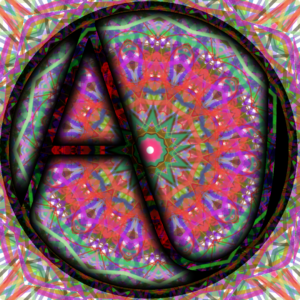
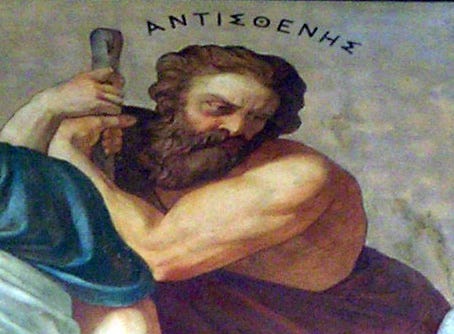
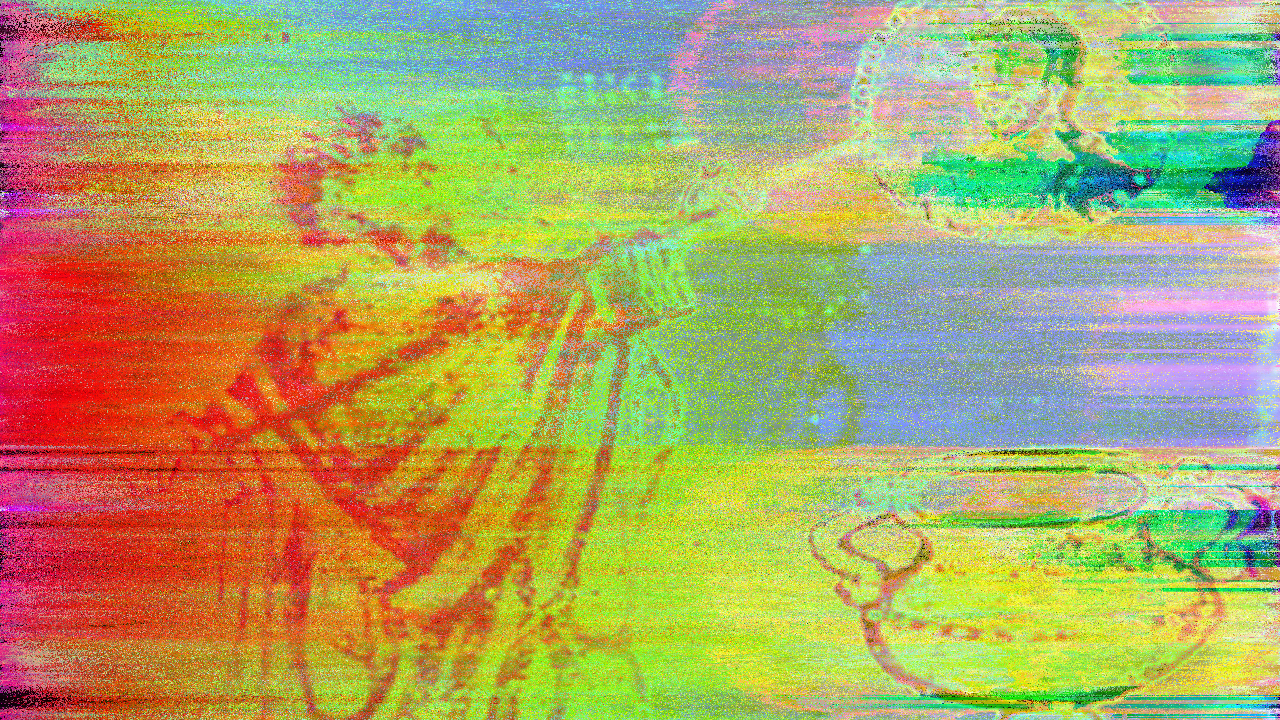

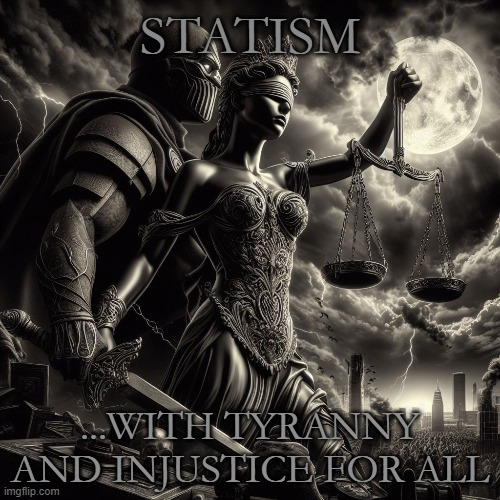

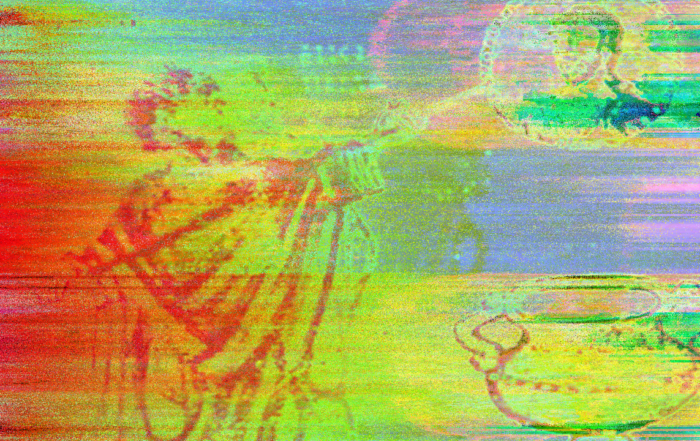
Leave A Comment